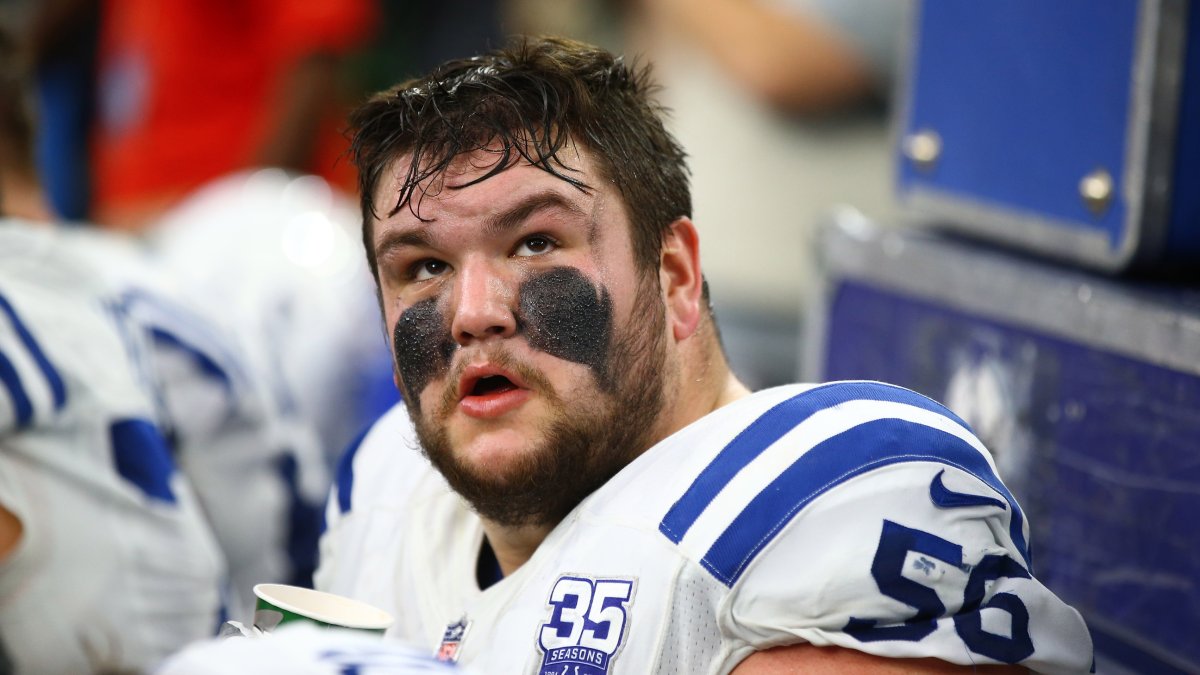The PFF50 recently broke cover, laying out the best 50 players in the NFL entering the 2020 season according to PFF’s data and analysis. When looking at the future, the prospects of quarterbacks like Patrick Mahomes and Lamar Jackson dominating this list for years to come are obvious. But what about other players who aren't as immediately apparent?
[Editor’s note: Subscribe to PFF ELITE today to gain access to PFF’s Premium Stats and new Player Grades experience in addition to the 2020 NFL Draft Guide, 2020 Fantasy Rookie Scouting Report, PFF Greenline, all of PFF’s premium article content and more.]
Part of analyzing the players who are the “best” necessitates separating out the value component of football — otherwise, you’d only ever be focused on quarterbacks. The PFF50 is assembled with an “all positions created equal” philosophy, and so analyzing player talent involves comparing them to their positional peers and assessing dominance independent of value — regardless of how impactful that is on winning and losing games.
Enter Quenton Nelson, who may be a year away from being the best player in football, but it will go virtually unnoticed because he plays guard.
Nelson already battled against the lack of value his position brings as a draft prospect a couple of seasons ago. He was one of the most dominant and flawless prospects the game has seen come along in years, but he played guard, so his value was capped. For him to be drafted No. 6 overall speaks to just how good he was as a college player and a pro prospect because interior offensive linemen just don’t have the ability to impact the game enough to justify that high a draft spot. And yet, Nelson was taken there anyway.
He is the rare prospect who unites all analysts and evaluators, regardless of discipline. Whether you crunch numbers, grind tape, fawn over “finishing” and technique specifics or focus on quantifying production, everybody unequivocally loves Nelson’s play.
Hitting the ground running for an offensive lineman in the NFL isn’t easy to do, and even Nelson had his adjustment period — don’t believe anybody who tells you his transition was seamless. But that adjustment period lasted about a month of his rookie year. He allowed two sacks and 10 total pressures in the first four games of his NFL career. They are still the only two sacks he’s allowed as a pro, and those 10 pressures accounted for 42% of the total pressure he allowed as a rookie.
Highest Two-Year PFF Grades Among Guards | 2018-19
| Guard | Overall Grade | Pass-Block Grade | Run-Block Grade |
| Quenton Nelson | 90.7 | 84.8 | 87.8 |
| Brandon Brooks | 90.3 | 88.1 | 84.9 |
| Zack Martin | 88.6 | 89.8 | 80.2 |
| Marshal Yanda | 88.6 | 86.9 | 81.6 |
| Shaq Mason | 82.3 | 78.1 | 77.3 |



 © 2025 PFF - all rights reserved.
© 2025 PFF - all rights reserved.